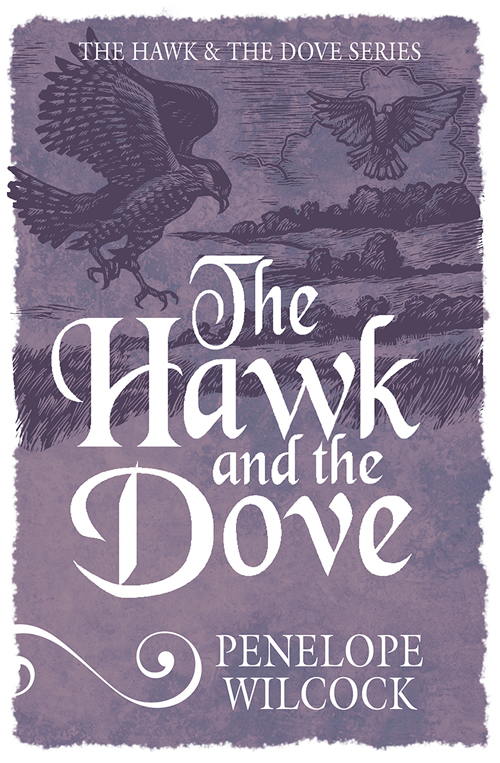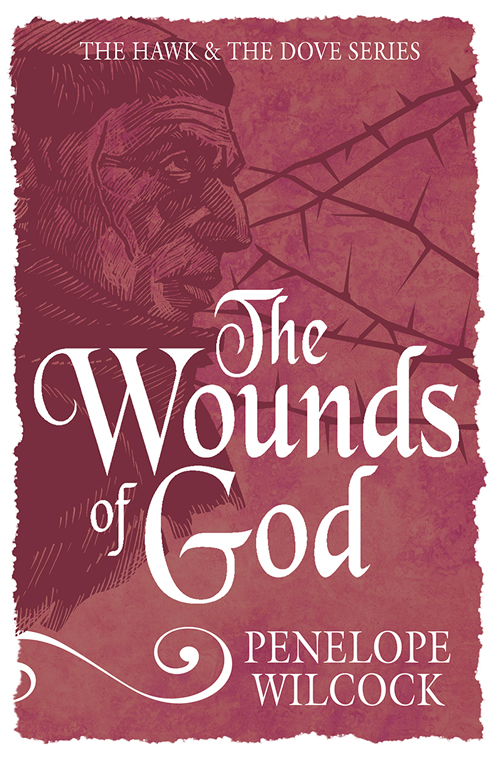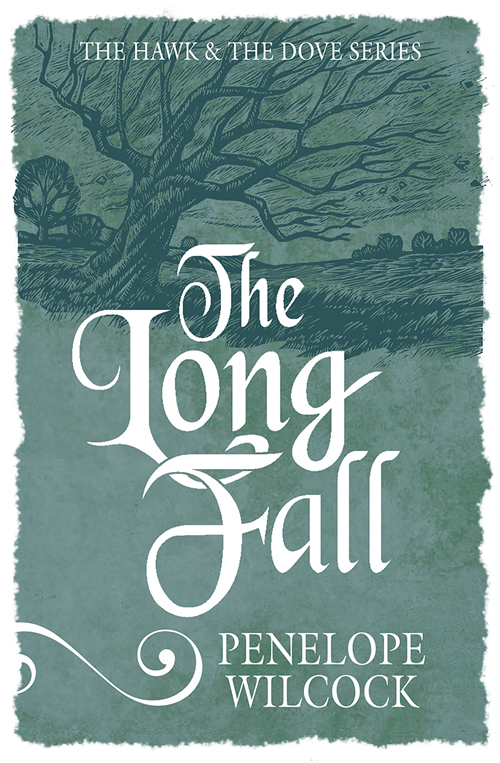14th-century Yorkshire, the time of Chaucer
Father Peregrine is appointed Abbot of St. Alcuin's Benedictine abbey. An arrogant, impatient man, a hawk trying hard to be a dove--his name in religion is "Columba"--he is respected, but not loved.
A sudden, shocking act of violence changes everything. As the story unfolds, this community of monks, serious about their calling but as flawed and human as we are, come to love their ascetic but now vulnerable leader.
They lived six centuries ago, but their struggles are our own: finding our niche; coping with failure; living with impossible people; and discovering that we are the impossible ones.
Injured in an attack by old adversaries, Father Peregrine transforms from a steely, articulate, impressive leader into a humbled, crippled, wise mentor. Relying on the kindness of his fellow monks, the fiercely independent, hawkish abbot begins to regain his feet.
But he faces a fresh challenge. The Augustinian Priory of St. Dunstan lies three days' ride to the southwest, the domain of Prior William, whose calculating self-interest makes enemies everywhere. When he and Peregrine cross swords over a matter of justice masked as doctrine, will ruthlessness triumph over integrity?
But he faces a fresh challenge. The Augustinian Priory of St. Dunstan lies three days' ride to the southwest, the domain of Prior William, whose calculating self-interest makes enemies everywhere. When he and Peregrine cross swords over a matter of justice masked as doctrine, will ruthlessness triumph over integrity?
Peregrine, strong and beloved abbot of St. Alcuin's monastery, suffers a stroke. Now incapacitated, he begins an arduous recovery with the help of his brothers in the infirmary.
Brother Tom, the young monk closest to him, is horrified by the suffering Peregrine's illness has inflicted. He keeps his distance, out of his depth. How will he find the courage to make this demanding journey of vulnerability with his friend? How will they communicate, now that Peregrine can no longer speak? How will Tom respond to the terrible, secret promise his abbot asks him to make?
In this journey to the depths of humanity, the two men discover together the treasures of darkness and the intimate mystery of compassion. Engaging and beautifully written, warm and haunting, The Long Fall concludes the first trilogy in the Hawk and the Dove series.
My Thoughts:
“He said that the breath of God
in you is a gift of life, a holy kiss to be passed on.”
(p. 220 – The Long Fall)
This series is about relationships -relationships between broken men
and God, and relationships between broken, but redeemed, me. Penelope Wilcock has faithfully, and beautifully shared the familial
stories passed down to her . Wilcock
carefully develops the characters in her stories, and she allows the reader to
go through daily living with them without feeling over burdened with unnecessary
details. Each book continues to build
upon the development of the characters and their relationships, so that, in the
end, their gains and their losses are felt very keenly.
I think what I enjoyed most is that Wilcock didn’t back away from the
men’s weaknesses, their quick leaps to wrong assumptions based on life seen
through doctrinal “glasses” as it were.
The love and friendship between these monks isn’t perfect or blameless,
but it reflects relationships that are guided by the greater love of God and
the men’s desire to help each other draw closer to God despite the hardships
they face. Not everyone has a
relationship with God, and their actions reveal that over the course of the
story. Wilcock does a good job of
reflecting the transformational power of God’s love as opposed to rote
religion.
In short, this trilogy will transport the reader into the monastic life
of a much simpler time. However, it will
bear the truth that any life without God continues to wrestle (unsuccessfully) with sin, and that lives
lived in community that is also bound by God’s love can transform any life into
one filled with deep and abiding love and friendship.






No comments:
Post a Comment